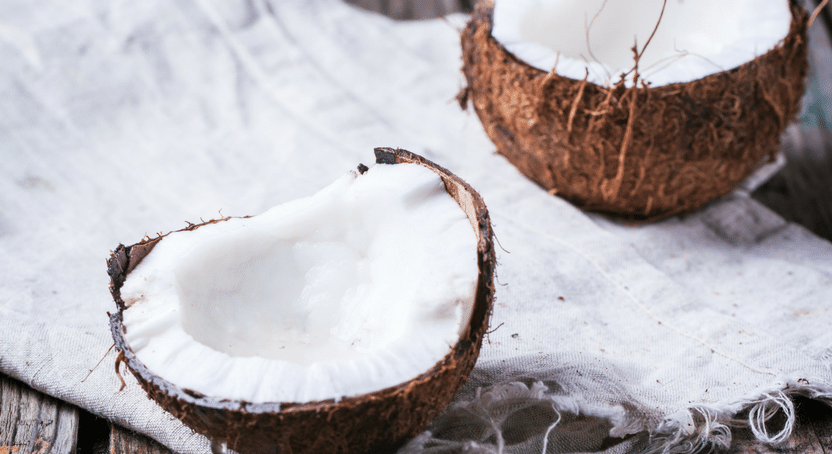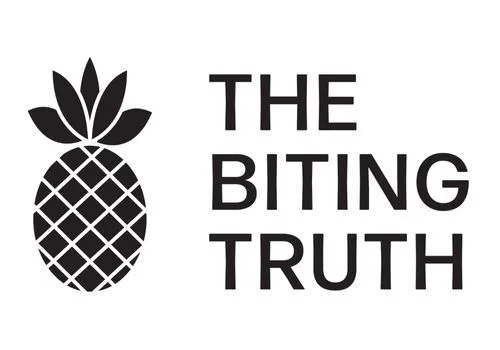
Nutrition can be quite confusing, especially when we’re constantly bombarded with information from dietitians, nutritionists, chefs, the media and celebrities. It seems like everyone has their two cents when it comes to healthy eating. In light of this overload of information, we’ve collated five common nutrition myths that we think will genuinely surprise you. We hope we can uncover some of the fog around nutrition, and clear up some of the controversy!
Myth #1: Himalayan rock salt is much healthier than normal salt
Himalayan rock salt and sea salts have boomed in popularity recently, cited as having higher vitamin and mineral content than regular table salt. While this may be true, it is important to note that excess salt intake, regardless of which type of salt you choose, increases your risk of a host of chronic diseases. At the end of the day, Himalayan salt will give you the same increase in blood pressure as regular table salt. So, the most important thing is to be mindful of how much salt you are using, and fill your diet with plenty of nutritious foods to get your vitamins and minerals.
Myth #2: Gluten free products are healthier than their gluten-filled counterparts.
Gluten-free foods are all the trend at the moment and are often perceived as being ‘natural’ or ‘healthier’ foods. Despite the media hype, there is no evidence that adopting a gluten-free diet has any additional health benefits for those of us without coeliac disease or a gluten intolerance. A gluten-free diet is restrictive, complex, expensive and time-consuming. When gluten is removed from foods such as flours and bread, they lose their soft, elastic texture. In order to achieve a palatable product, other refined properties are often added, such as processed fibres and stabilising gums. Gluten-free products tend to be more energy dense and lower in fibre. So, unless you’re a diagnosed coeliac, this trend is unlikely to have health benefits for you and may even leave you worse off.
For more information on gluten-free diets, click here.
Myth 3: Honey and maple syrup are better for you than white sugar
This myth follows similar logic to the salt myth. While honey and maple syrup are touted as being higher in vitamins and minerals, they are still added sugars and should be included in the diet in limited amounts. A better idea is to replace these refined sugars in your diet with natural sugars from fruit, so you get the double whammy of fibre, as well as vitamins and minerals.
Myth #4: Dairy is inflammatory
Dairy seems to have gotten a bad reputation lately, with people being quick to exclude it from their diet for various reasons. Many people view dairy foods as ‘inflammatory’, however dairy is actually an important component of a balanced diet, as a rich source of both protein and calcium Contrary to this popular opinion, a recent study actually found dairy to be anti-inflammatory, and was only found to be inflammatory in people with a diagnosed allergy.
Tip: Look for reduced-fat varieties, and be wary of high salt contents in cheeses, and high added sugar contents in yoghurts. Check out the Australian Dietary Guidelines for recommended daily serves of dairy for your age and gender.
Myth #5: Coconut oil is a healthy choice
It’s hard to ignore the rise in coconut products lately. Coconut oil has gotten a reputation for being a healthy oil to use in cooking, in smoothies and even as a beauty product. While it may have some valulable cosmetic use, coconut oil is exceptionally rich in saturated fats – the ‘bad fats’. While coconut oil does raise our ‘good’ cholesterol, which may explain its popularity, it is worthwhile to note that it also raises our ‘bad’ cholesterol. As such, it is best to choose oils that raise our ‘good’ cholesterol, without raising the ‘bad’ cholesterol as well e.g. olive oil.
It can be really hard to separate fact from fiction about nutrition, and it can be difficult to know who to trust. Here, at the TBT HQ, as dietitians we aim to preach nutrition according to the latest science and aim to dispel some of the pseudoscience surrounding nutrition. So let us know, were you surprised by any of these myths?
—
This article was written by Monique Heller who is an intern at The Biting Truth and is currently studying her Masters in Nutrition and Dietetics.
If you’re interested for more great nutrition blog posts like this, click here!
